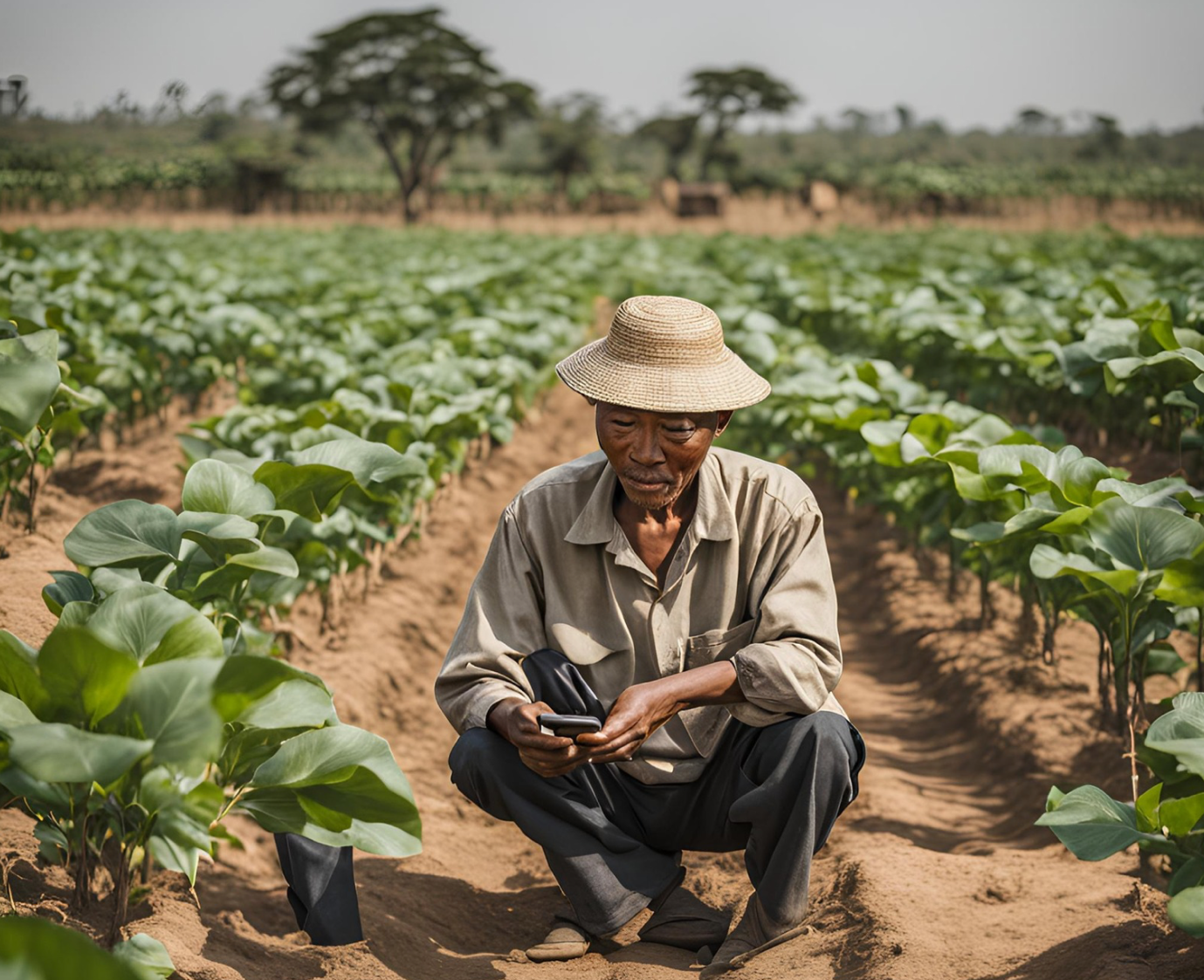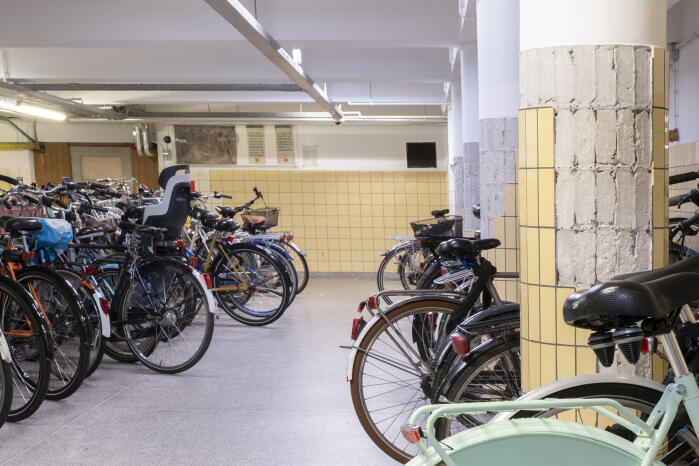UM buildings, who makes sure they are safe?
Every time we enter one of the UM buildings in corona time, we disinfect our hands with disinfectant that is available in columns. In the teaching and meeting rooms there are always packets ready with disinfectant wipes and there is a red bucket especially for used wipes. The walking routes in the buildings are all marked with stickers and you can see on the door of each room exactly how many people are allowed to be in it. We are all used to it, but do any of us ever think about who takes care of that? Meet the Rapid Response Team and Location Teams of Facility Services.
These are busy times for the Rapid Response Team. In addition to their normal work, they now ensure that all buildings are permanently supplied with disinfectants. Jolanda Kemp, Contract Management Team Leader, knows all about it: "The team started under the Participation Act. So it consists of employees with a distance to the labour market. Initially there were two team members, but now there are eleven. Before the corona period, they took care of sanitary items, made sure clean lab coats were present for the researchers, and supplemented office supplies at various locations. But since March, their tasks have doubled. In addition to their regular work, they walk with their stock trolleys twice a day through all UM buildings in Maastricht. They refill the disinfection columns and check more than 500 teaching and meeting rooms plus lecture halls for the presence of sufficient disinfection wipes. When these are (almost) finished, they are topped up".
Two rounds
Jens Janson, one of the very first members of the Rapid Response Team, is the foreman of the team, the first contact person for the staff. He trains them, shows them the buildings and teaches them the routes. "We run two rounds. The first at 7.00 a.m., because the teaching rooms have to be ready before 8.30 a.m., the second at 1.00 p.m. For the past few months, we always start with the corona items and only after that provide the toilets and kitchens with sanitary supplies, such as towels and toilet paper. Make no mistake, that is a lot of work. There are more than 800 toilets within UM, not to mention the kitchens and showers. In places where there are relatively large numbers of people, we do four rounds a day".

Satisfied
We will have to go on with the coronary measures for a while, but the teams are ready. Johan Wolfs, who has only been with the Rapid Response Team for 5 months, has not experienced normal times yet. But he doesn't mind: "It gives me a feeling of satisfaction, because thanks to my work, people can stay healthy. I now walk so much through all the buildings that I don't have to go to the gym anymore. By the way, I notice that students follow the rules quite well. It's wise, however, that they are made aware of the guidelines by the receptionists and coronation stewards as soon as they enter the buildings. That works well.
A short time
The employees in the Location Teams do very different things. Within their regular duties, they put the classrooms in order, supply the laboratories with nitrogen, replace cylinders of doors, hang up presentation boards and make sure that everything necessary for education is present, such as paper, markers, and crayons. But things changed a while ago, says Joey Roberts of the Location Team in Randwyck: "When on campus education returned, all the buildings had to be securely laid out in a very short time. That meant figuring out how the routes had to run and indicating how many people could be present in each room. You can imagine that it wasn't easy to do all that in a very short time, both drawing up the guidelines and implementing them. And as things go when they have to be done quickly, it sometimes turned out that adjustments had to be made afterwards. But now it is as it should be in all buildings. Jens agrees that super-fast action had to be taken at the weekend before the students were allowed to come back: "We worked with all our might to get all the buildings fully equipped with the disinfectants and columns by Monday morning. Everyone put their normal work on hold and helped out. And on Monday morning everything was ready. We succeeded, we are very proud of that!
Tender
"What people don't realise," explains Jolanda Kemp, "is that everything has to be thought about, like, for example, every electrical outlet and even the power that goes through it. Behind everything is a (European) tender. Even in corona time, we had to do a thorough investigation before purchasing disinfectants and columns. We tested columns and it turned out that a certain type leaked. We tried out various disinfectant wipes and chose a type that is used in hospitals to wash patients. They contain a mild disinfectant without alcohol, which is kinder to the skin. You can also use them to disinfect your table. Even the red bucket for the used wipes has been thoroughly considered. The colour, the text on it, everything has to be right".
The next time we can disinfect our hands, walk a stickered route and find sanitary items in the toilet rooms, we know who to thank for it.
Photos Joey Roberts


Also read
-
In his master’s thesis, “Empowering Smallholder Farmers in Data-driven Agriculture through Blockchain Technology,” Daniel Acosta Stasiukynas, MSc Sustainability Science, Policy & Society graduate, explored blockchain technology and its potential to benefit smallholder farmers. In this blog, he...
-
The Grote Gracht is richly lined with historical buildings that conceal remarkable stories. Once again, our “hidden gem” is located on this street in Maastricht, this time at number 76: the (bike) cellar.


